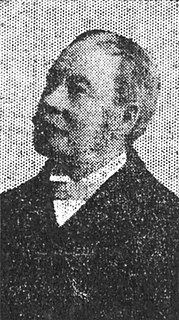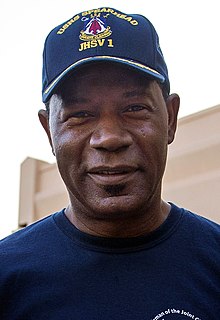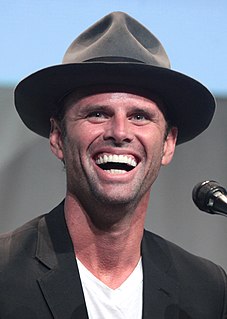A Quote by Margery Fish
The house, while sound in wind and limb, was described as being of 'no character.' We didn't think then that it had anything but character, rather sinister perhaps, but definitely character.
Related Quotes
The first thing that happens is the cleansing of the former character. I don't think a lot of actors talk about it, but there is usually a process where you essentially purge yourself of the character played prior to the movie. Then you want to think about what the character represents, and you write down all of the elements about this character and then take the time to find some synchronicity and start breathing the character.
Reputation is seeming; character is being. Reputation is manufactured; character is grown. Reputation is your photograph; There is a vast difference between character and reputation. Reputation is what men think we are; character is what God knows us to be. Reputation is seeming; character is being. Reputation is the breath of men; character is the inbreathing of the eternal God. One may for a time have a good reputation and a bad character, or the reverse ; but not for long.
I'd say I'm a pretty intense person. I'm definitely not my Denise character on 'Scrubs,' nor my Jane character on 'Happy Endings,' but I'm a mix of the two. I really feel that I'm kind of every character that I've ever played; it's just a part of me. And I am a bit of a control freak like Jane. I'm very, perhaps, obsessive like that.
When you're looking for a house, you're not looking for a house that's perfect. You're looking for that house to have character. And I think it's those little bits of humanity they come from the music. That's what the music brings out when you have that, it brings out the character of a song. You go back and listen to 30, 40 years of music, and all the great, great songs that we've had in our lives, they all have that character. They have that human nudge, they all have that human relation. You can relate to it.
I definitely wanted to pay homage to what he did and use his performance in the first one as a foundation. But, I had to make it my own. I couldn't sit there and try to imitate Michael Clarke Duncan. I think that would have been disastrous. I had to make it my own. I tried to take as many nuances that he had with the character and utilize them as best I could, while creating a character that was unique to me. That's going to happen, no matter what.
It's nice to be able to explore both sides of my personality. I definitely relate more to Debbie, my character on The Grinder. But it's really nice because I get to play a character who's down on her luck and kinda slipping off the edge in It's Always Sunny, while at the same time getting to play this character who's a mom and holding it together on The Grinder.





































